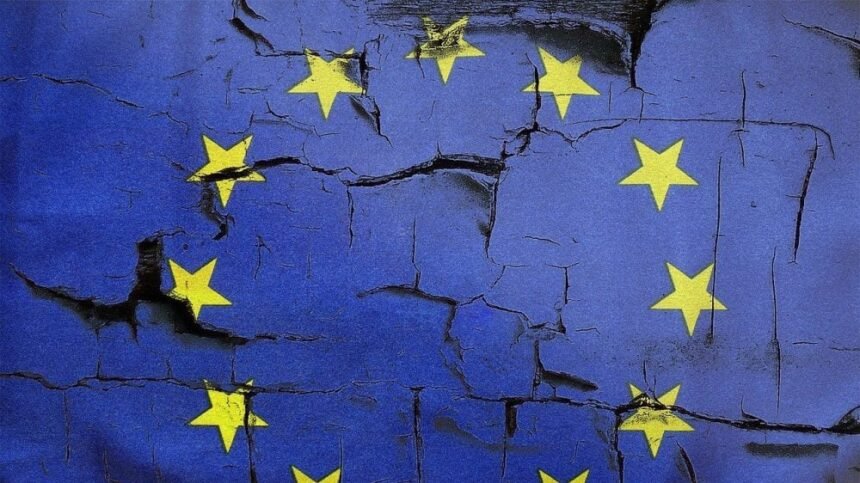Kosovo has missed the opportunity to join the Single Euro Payments Area (SEPA) due to key legislative requirements being reviewed by the Constitutional Court. Membership in SEPA would simplify international payments, making them faster, cheaper, and more accessible for both citizens and businesses.
Urim Vokshi, a legal expert involved in assisting the European Commission with Kosovo’s harmonization process, explained that SEPA membership depends on pending decisions regarding three laws:
- Law 08/L-304 on Banks
- Law 08/L-328 on Payment Services
- Law 08/L-333 on Amendments to the Law on Prevention of Money Laundering and Terrorism Financing
“The Central Bank of Kosovo has issued the necessary regulations and pre-applied to SEPA. Evaluation of these regulations for alignment with the EU acquis is ongoing, while the challenge remains that these laws are under constitutional review,” Vokshi stated.
These laws were passed by the Assembly in December 2024 but were later referred to the Constitutional Court by the Democratic Party of Kosovo (PDK). Acting Finance Minister Hekuran Murati attributed the delay to the PDK and specifically Uran Ismail.
“Kosovo remains last in SEPA integration, thanks to the PDK and Uran Ismail. This results in over €50 million in additional annual transfer costs for businesses and citizens, limiting opportunities for startups to enter foreign markets,” Murati wrote.
SEPA, established in 2008, allows clients to make fast, secure, and efficient euro-denominated payments across 41 countries, including EU members, some Nordic states, and the UK, under the same conditions as domestic payments. Countries like Albania, North Macedonia, and Montenegro have already started using SEPA.
According to the German Economic Team (GET), Kosovo could save approximately €55 million annually on international transfer fees if SEPA membership were realized.







